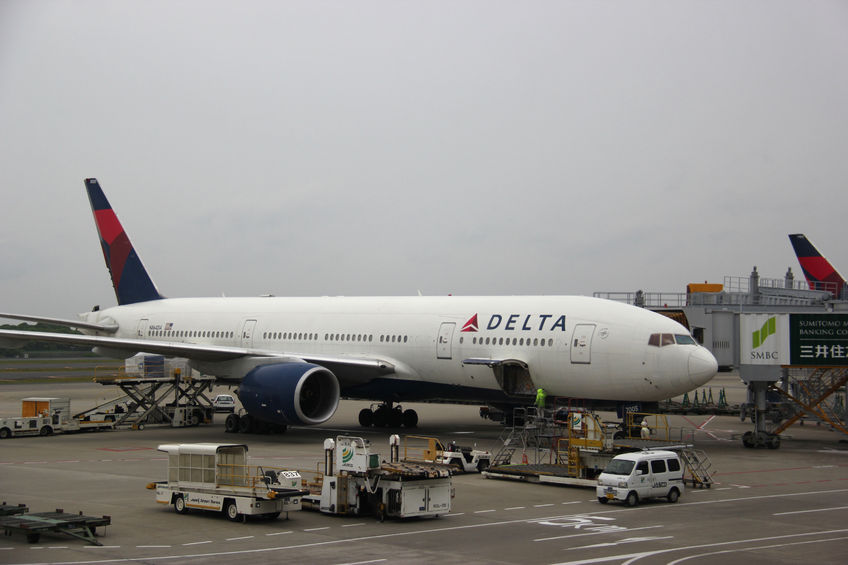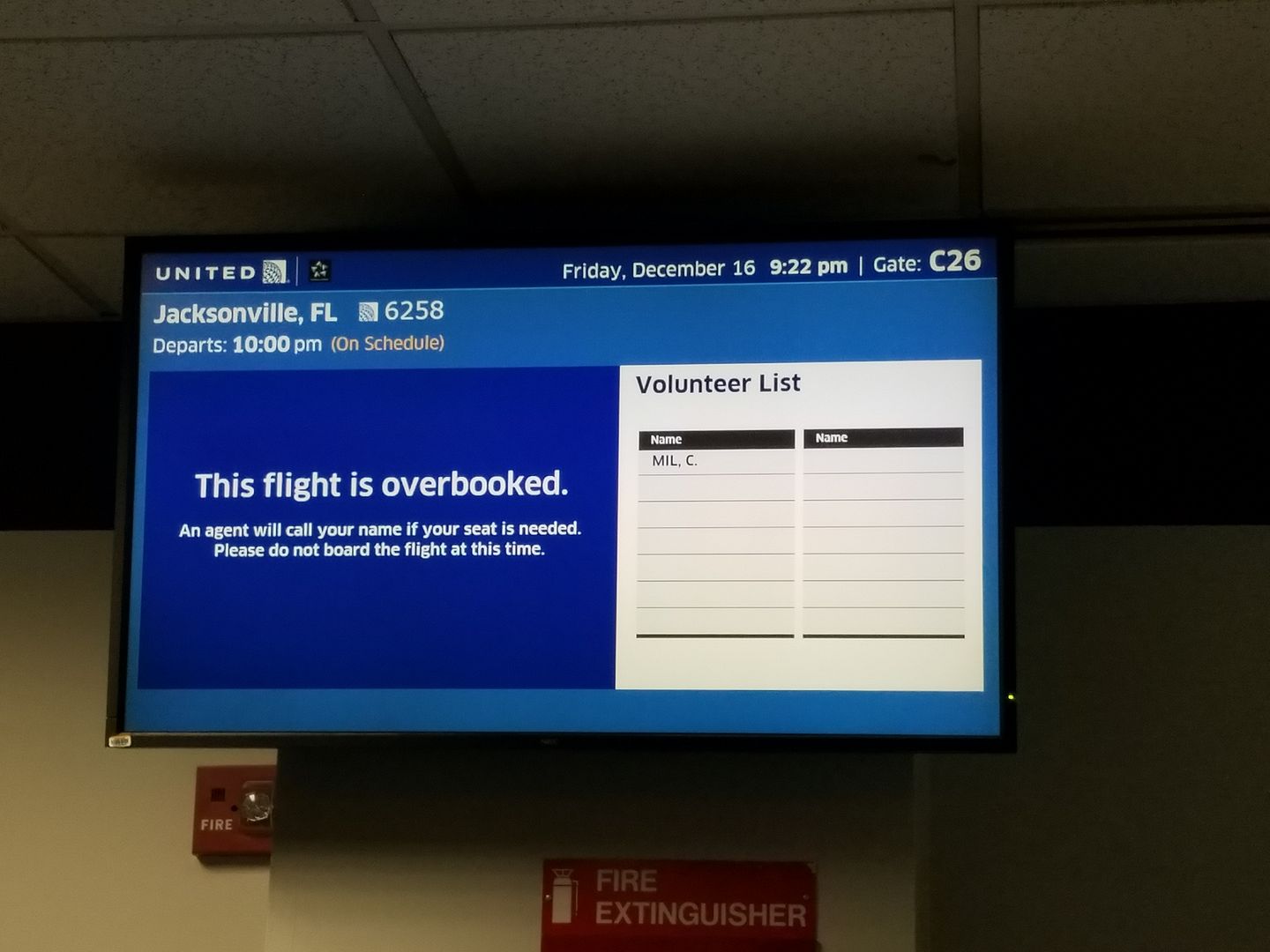After worldwide attention focused on a United passenger being dragged off an Express flight by Chicago Aviation Police in April, airlines were quick to reassure passengers:
- That they wouldn’t involuntarily bump passengers after they were already in their seats
- That they were increasing the compensation offered so they’d almost always have enough volunteers
- They they were limiting overbooking
Southwest no longer intentionally overbooks flights. Delta gave gate agents far more flexibility increasing payouts for volunteers. American updated their contract of carriage to commit not to remove a passenger that has boarded to give their seat to another passenger. United promises not to have cops drag passengers through the aisle unless necessary for safety or security.

Contrary to popular belief though, and the PR campaigns of major airlines, involuntary denied boardings still happen including passengers who have already boarded planes being removed. And passengers aren’t always getting big pay days when that occurs either.
Involuntary denied boardings have always been rare and they aren’t always the result of airlines ‘overbooking’ or selling more seats than they have available on a plane.

Yesterday I worked through flight options with a world famous musician who had been trying to travel from San Francisco to the Northeast for three days on jetBlue and the airline was telling her she might get to travel the next day.
Weather-related cancellations don’t obligate the airline to compensation, and New York weather and airspace has been a mess. But she lost her seat yesterday when the airline substituted a smaller aircraft on her itinerary. When an airline substitutes a smaller plane than the one originally scheduled, airlines aren’t required to compensate passengers under DOT rules.
I worked out a better plan for her than connecting through weather in New York. She flew to Boston and rented a car for a reasonable (and pretty) drive.
JetBlue has above-average involuntary denied boards even though their policy has been not to overbook since inception. That’s because of aircraft swaps, like in this case.
Delta flight DL3702 from Detroit to Westchester, operated by Endeavor Air, was substantially delayed and wound up needing to offload 10 passengers that had already boarded the aircraft.
Delta flight 3702 was scheduled to depart Detroit Metro at 2:15 p.m. for Weschester County, New York, but sat on the tarmac for most of the afternoon.
They took on extra fuel due to weather, and the 50 seat regional jet couldn’t take as many passengers to compensate for the weight.
When there weren’t enough volunteers to get off, passengers felt threatened.
He said the crew asked for 10 volunteers to deplane the aircraft and be scheduled for another flight. But when enough passengers didn’t volunteer, a crew member announced “more than once” that the airline would “involuntarily remove” people, Freund said.
Freund said he became concerned about what that meant.
“This a polite way of saying they will drag you off the plane,” Freund said. “How else can one define that term?”

For the median passenger “involuntarily remove” means “David Dao your ass.”
On a 50 seat regional jet (or any aircraft of 30-60 seats) DOT rules do not require airlines to provide involuntary denied boarding compensation at all.


For those of you wondering: “Passengers said they sat on the plane for close to three and a half hours before they were asked to get off the plane. Soon after, they were able to reboard. The flight eventually departed Detroit just after 6:30 p.m.”
http://www.detroitnews.com/story/news/local/wayne-county/2017/08/04/hour-wait-overweight-delta-flight-angers-travelers/104305654/
This is not IDB per United CoC but rather Refusal to Transport…for a different and valid reason and that is safety of the aircraft. If we’re going to be focused on precise semantics with Dao’s removal then we should be just as precise in this situation. I’m not saying it doesn’t suck for the passenger, but this is not an oversold (and therefore, IDB) situation.
Most of the Airlines HQd in the USA, they need to be arrested.